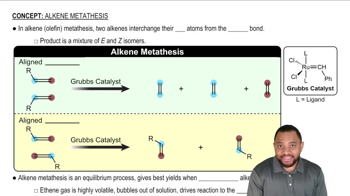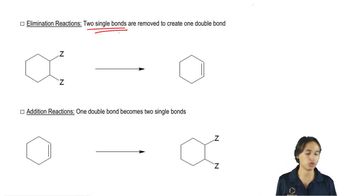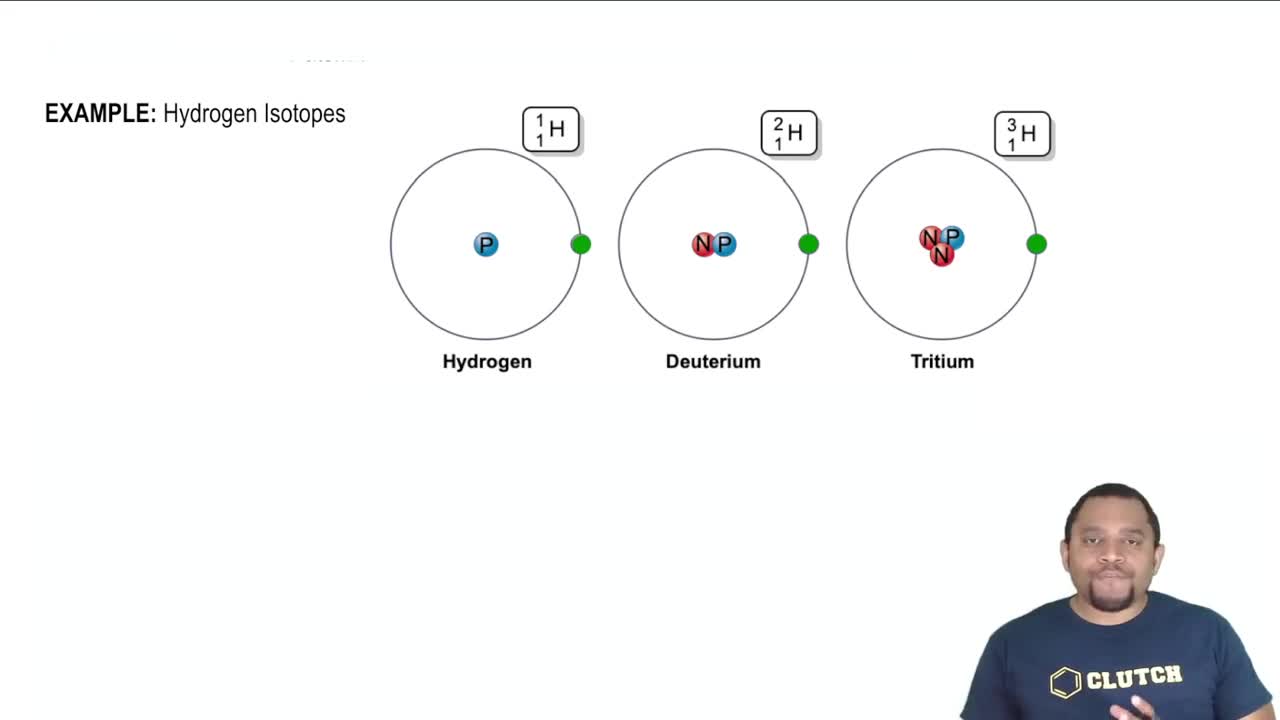Suggest an acetylide ion and a carbonyl that might be used to make the following products.
(b) 2,6-dimethylhept-3-yn-2-ol

 Verified step by step guidance
Verified step by step guidance Verified video answer for a similar problem:
Verified video answer for a similar problem:



 4:19m
4:19mMaster Understanding how to convert terminal alkynes to alkynides. with a bite sized video explanation from Johnny
Start learning